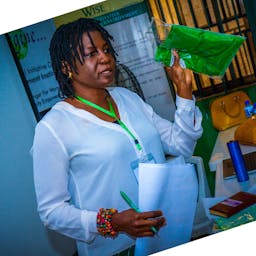The Last Six Inches of Internet Access
Jan 21, 2015
Story
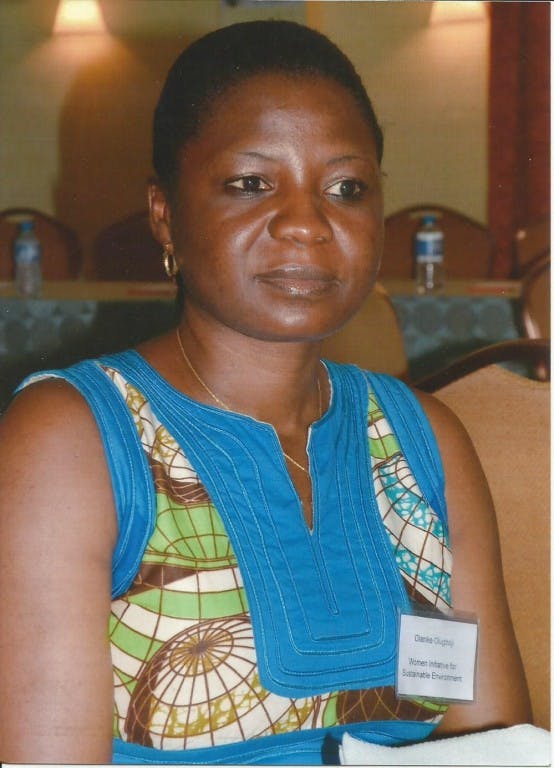
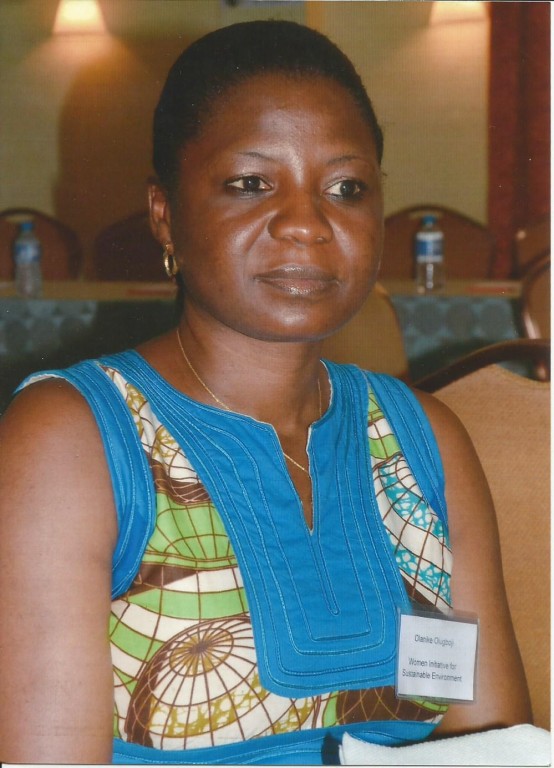
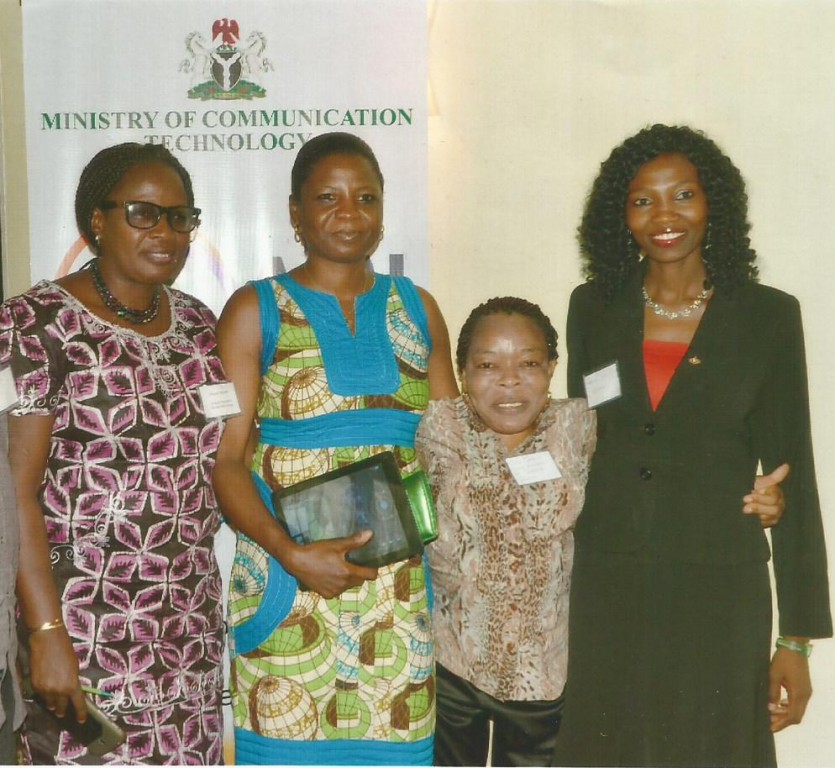
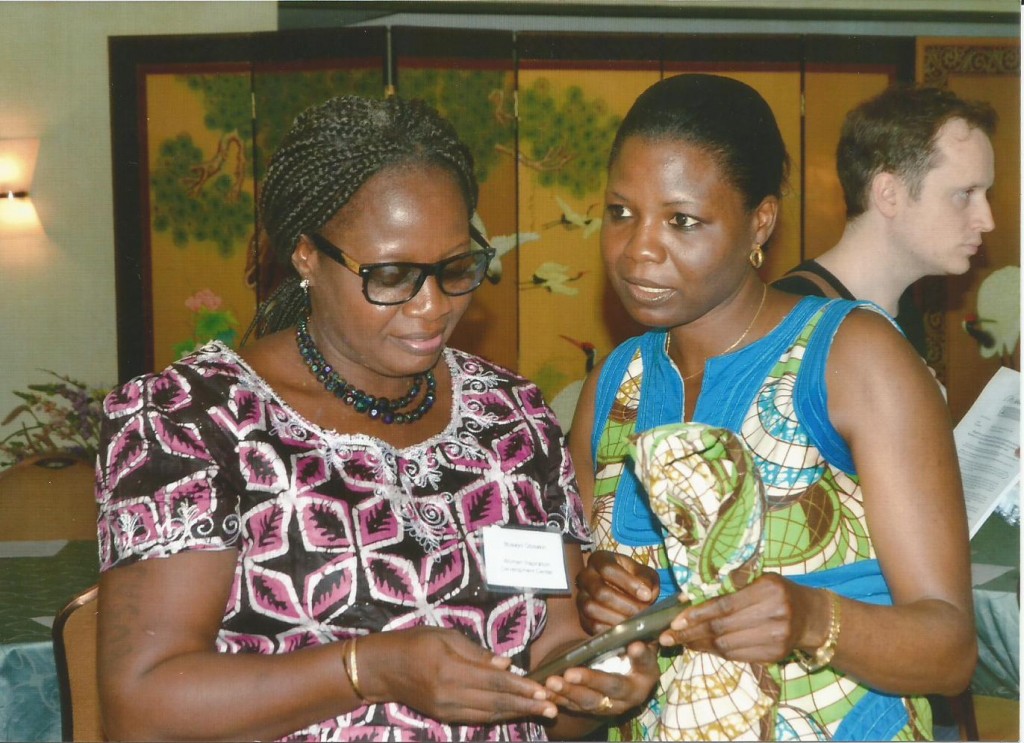
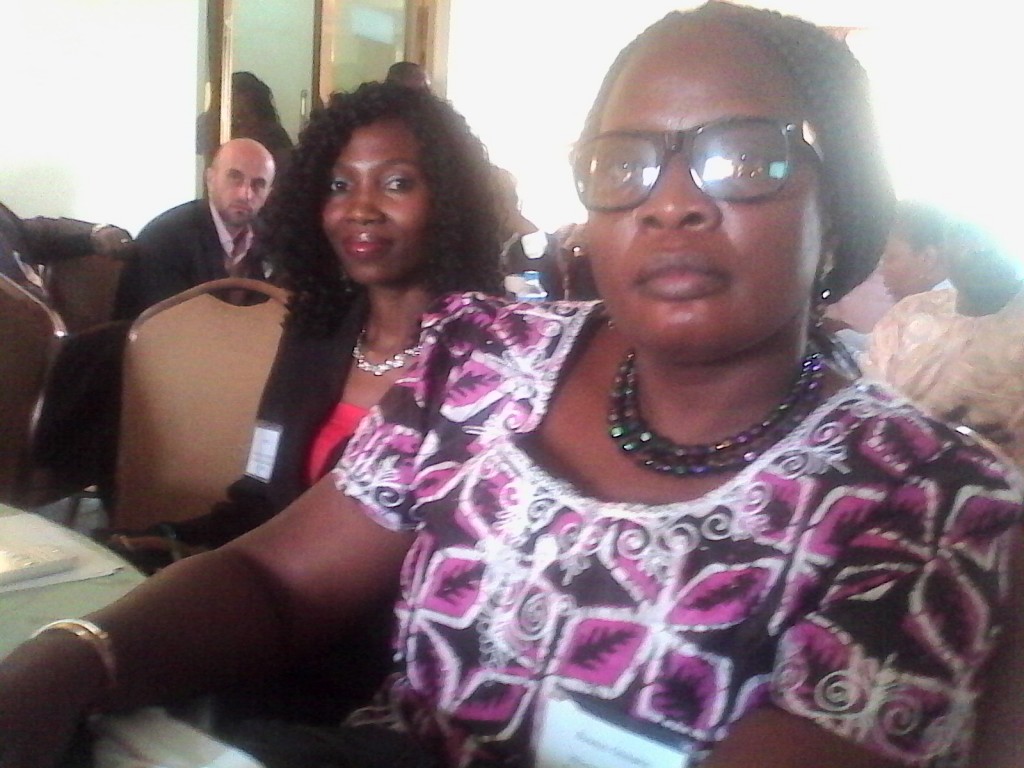
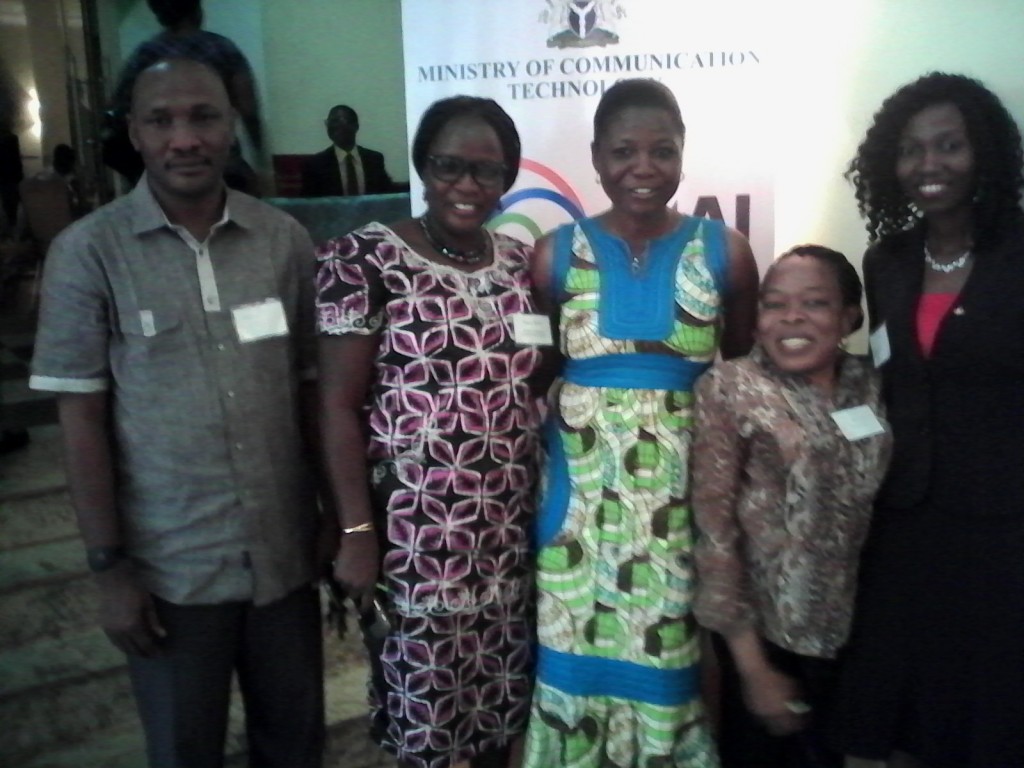
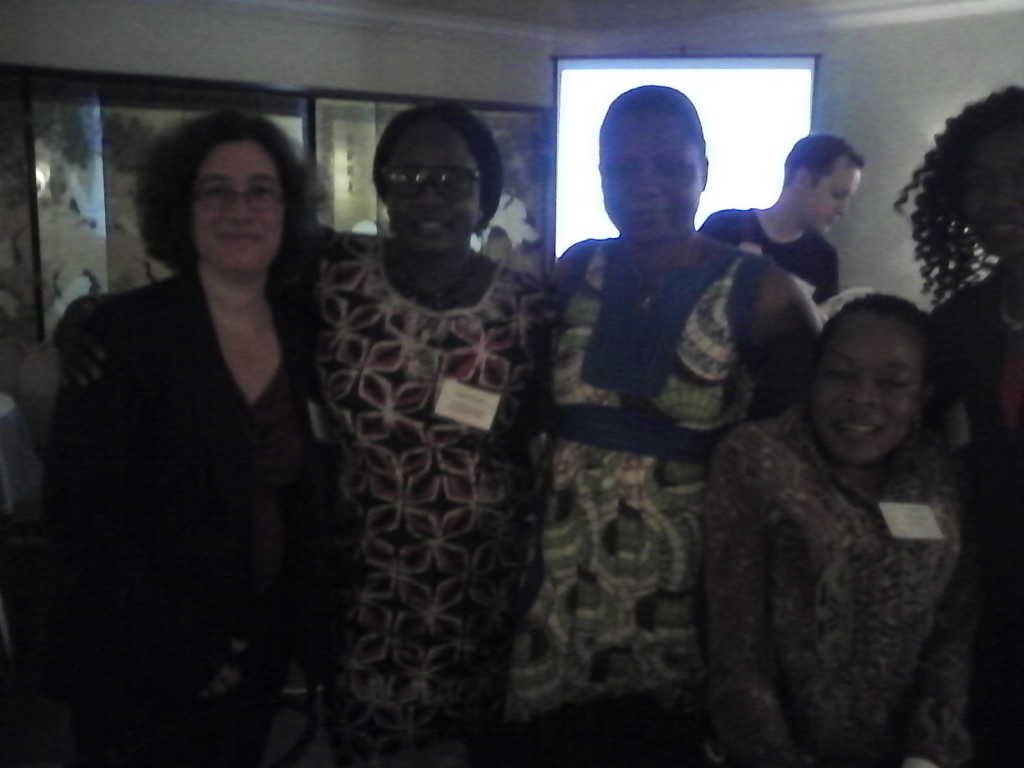
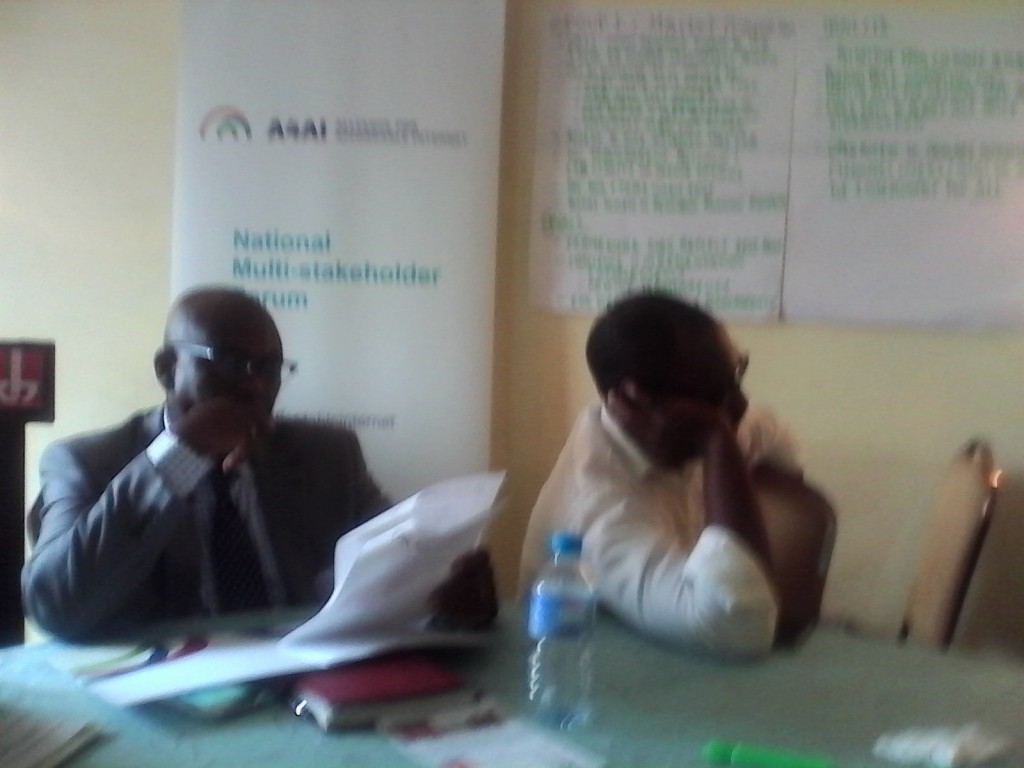
March 12th 2014, remains a historic date in the global ICT world, because it marked the 25th birthday of the Web. In like manner, March 11th,2014 will no doubt remain a remarkable day in the record books of Information and Communication Technology development in Nigeria. The Alliance for Affordable Internet (A4AI) Nigeria Multi-Stakeholder Forum debuted on that day. On a personal note, the date has become very important and special because it also marks the day I first met face-to-face with three members of the World Pulse Online community, whom I have been interacting with virtually. What a rare privilege to be at the event, representing my local work and World Pulse alongside other Nigerian grassroots women change leaders from the World Pulse Online Community!
The event which commenced with a welcome address by Dr. Tunji Olaopa, Permanent Secretary Ministry of Communication Technology was well attended by participants drawn from across the public, private, academic & research, and civil society sectors. This was followed by introductions and key note address by Sonia Jorge (Executive Director, A4AI) and Ms. Omobola Johnson, the honorable Minister of Communication Technology, respectively. In her speech, Ms. Johnson shed great light on the mandate, activities as well as ongoing efforts in her Ministry.
"According to the A4AI Affordability Index report, “84 percent of Nigerians live on less than 2 dollars per day and the World Bank that 63 percent live on less than $1.25. "A prepaid mobile broadband user subsisting on $2 per day who wanted to use 1GB of data per month would have to spend 22 percent of their monthly income to do so” stated Mrs Omobola Johnson. This she said, is a far cry from the UN Broadband commission target, adding that Nigerians will either have to increase their average monthly income or drastically reduce the average cost of access for Nigerians to meet this target. She also said that the Ministry of Communication technology shares a number of common goals with the A4AI, like that of advancing affordable access to both mobile and fixed-line internet in developing counties.
The eye opening panelist session focused on ‘Key barriers to affordable internet in Nigeria: Stakeholder perspectives’. The team of panelists was very representative as it was made up of key players from the various major sectors present at the event. The moderated discussion identified the key challenges to broadband affordability in Nigeria. These include but not limited to the following:
• A lack of reasonable rights of way;
• Multiple taxation;
• Difficulty in getting State governments to buy in;
• Unfavorable regulatory environment;
• Language gap;
• Poor infrastructure;
• Connectivity issues, among others.
Of particular interest to me was the issue of language and inclusion highlighted by Dr. Tunde Adegbola, a researcher, scientist and consulting engineer of African Languages Technology Initiative. He noted that the last six inches of accessing the internet remains a barrier particularly in the light of language. He pointed out that inclusion has been overlooked and he termed it as “an unwritten need”. On what needs to be done to bridge the gap, he said that “there was need to mainstream language into ICT development”.
When Mr. Lanre Ajayi, the President Association of Telecommunications Companies of Nigeria another panelist was asked how he is going about representing voices, he explained that “there was an urgent need to look into and rework Spectrum management, emphasize regional capacity, introduce license free spectrum and remove impediments of high spectrum cost.
Listening to and gaining insight about so many unfamiliar technical terms was quite enriching. I also gained insight into the key priorities of the Nigerian Communication Commission (NCC) towards supporting the implementation of the broadband plan. Dr. Eugene Juwah, Executive Vice Chairman of NCC said ‘’there was need to emphasize on public enlightenment".
The second moderated discussion session saw participants break into work groups which were each assigned the task of identifying priority issues for coalition engagement. This was a welcome development as the session provided participants with the opportunity of discussing, deliberating and identifying priority issues to be addressed based on the A4AI best practices for policy and regulation. The work group I belonged to focused on Market competition; and I found the session very informing, educative, inclusive and engaging. I was able to intellectually interact with and learn from expert s in the ICT sector; on a one on one basis.
For example, I was able to share my thoughts about the evolving 'Smart Women Project' championed by the Ministry of Communication Technology; which seeks to bring the catalytic potential of ICTs within the reach of all Nigerian women. The project has been of special interest to me and I have been following the trend of events around it . I made the most of the opportunity by sharing about my digital training and advocacy experiences and the ongoing World Pulse Women Weave the Web campaign with Mr. Seyi Onabanjo, Special Assistant (Local Content) to the Honorable Minister of Communication Technology. In turn, he offered to introduce Busayo and I to the National Coordinator of the Smart Women project. Although we were unable to reach out to her before she left the venue of the event, there will definitely be a follow up.
Agreed outcomes from the group discussions includes but not limited the following:
• Pricing Transparency
- promotion of safeguards for anti competitive behaviors’
• Open access and framework for infrastructure sharing
- Infrastructure investment
• Harmonization and rationalization of taxes across local, state and national levels
• Community issues and concerns
• Spectrum Policy: need for more fair allocation and innovative uses, and availability of free/unlicensed spectrum
• Data collection and indicators (Monitoring and Evaluations across areas, and systematic national level effort)
• Universal Service Fund efficiency and collaboration among stakeholders.
It is significant to mention that action plan, coalition activities, work tools and methods that will guarantee sustainability were also discussed, agreed upon and streamlined. At the end of the event, Nabiye, Busayo, Celine and I got together to review the unfolding prospects, and how we could key in as a group. Uppermost for us, was how we could effectively represent the voices of women at the grassroots, who are still excluded and caught in the web of the technology gender divide. We counted it important that we continue to represent the interests of grassroots women at the table and also ensure that they are included in the drive for affordable broadband services in Nigeria. We each left the even with a prized possession- A well laid out and packaged report on Nigerian Information and Communication Technology.
